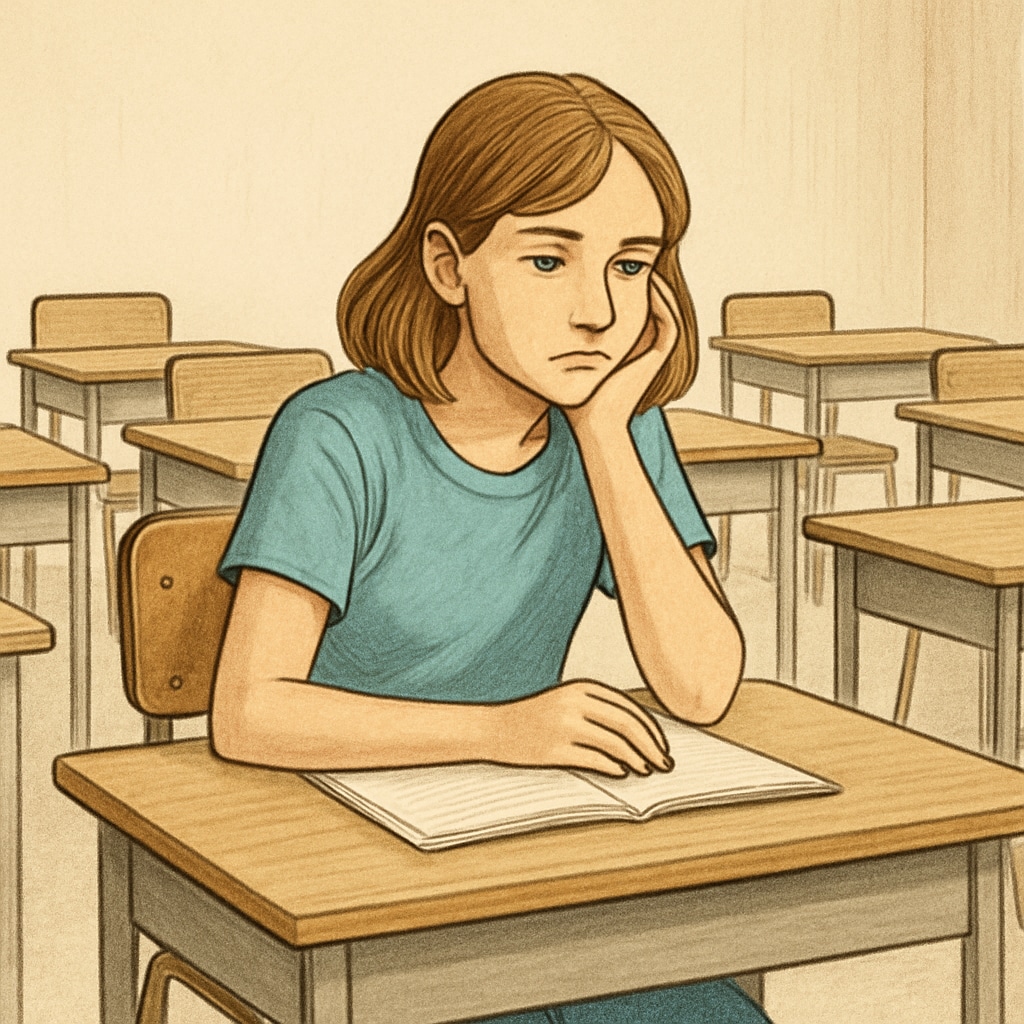For teenagers with special education needs (SEN) in the UK, accessing their educational rights can be a challenging journey. Systemic issues such as school application delays, inadequate resources, and a lack of tailored support systems often leave these students and their families in distress. One particularly troubling case involves a 15-year-old girl whose psychological health has been severely impacted due to these barriers, highlighting the urgent need for systemic reform. This article explores the key challenges faced by SEN students and offers solutions to ensure that every child receives the education they deserve.
Systemic Barriers to Inclusive Education
The UK prides itself on having an inclusive education system, yet systemic barriers often stand in the way of students with special education needs. These barriers include lengthy school application processes, incomplete assessments of individual needs, and insufficient funding for SEN programs. For instance, the 15-year-old girl mentioned earlier experienced repeated delays in her school application process, leading to months without formal education. Such delays are not uncommon and often result in academic interruptions, social isolation, and deteriorating mental health for affected students.

In addition, teachers and administrators frequently lack adequate training to support SEN students effectively. According to a report by Britannica, many educators feel unprepared to address the diverse needs of their students, leaving gaps in both teaching and emotional support. This lack of preparedness exacerbates the challenges faced by SEN students, further compromising their educational outcomes.
The Impact of Delayed School Applications
School application delays are a significant obstacle for SEN students. These delays often stem from bureaucratic inefficiencies, such as incomplete documentation or prolonged evaluations of special needs requirements. As a result, students like the aforementioned 15-year-old are left in limbo, unable to attend school while awaiting placement. This gap in education can have long-lasting effects, including academic regression and decreased self-esteem.

Moreover, the psychological toll of these delays cannot be overstated. For students with mental health issues, being out of school can worsen their conditions, making it even harder for them to reintegrate into a learning environment. According to a report by the Children’s Commissioner, prolonged absences from education can lead to increased anxiety and depression among SEN students, creating a vicious cycle of educational and emotional challenges.
Ensuring the Right to Education for All
To address these issues, several measures can be implemented to ensure that SEN students are not left behind:
- Streamlined Application Processes: Simplifying school application procedures and setting strict timelines for processing applications can minimize delays.
- Increased Funding: Allocating additional resources to SEN programs can help schools hire specialized staff and offer tailored support to students.
- Teacher Training: Providing comprehensive training for educators on SEN needs can enhance their ability to support students effectively.
- Parental Support: Establishing dedicated support systems for parents can help them navigate the complexities of SEN education.
These steps are essential to creating an inclusive education system that recognizes and respects the rights of all students, regardless of their individual needs.
Conclusion: A Call for Systemic Change
The case of the 15-year-old girl serves as a poignant reminder of the challenges faced by SEN students in the UK. School application delays, insufficient resources, and lack of tailored support not only hinder their education but also compromise their mental and emotional well-being. However, with targeted reforms and a commitment to inclusivity, these challenges can be overcome. Every child has the right to education, and it is our collective responsibility to ensure that this right is upheld for all.
Readability guidance: The article employs short paragraphs and lists to summarize key points, while maintaining a balance between active and passive voice. Transition words such as “however,” “in addition,” and “as a result” are used to enhance flow and clarity.


